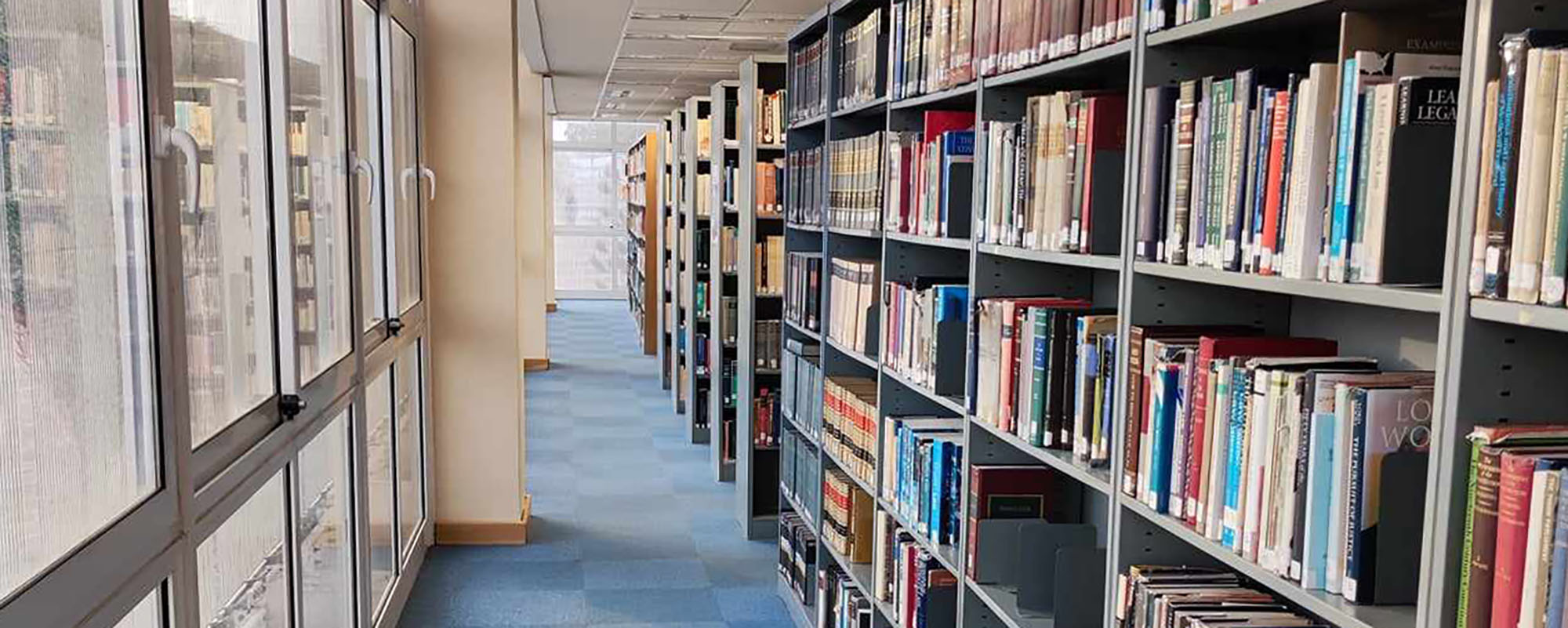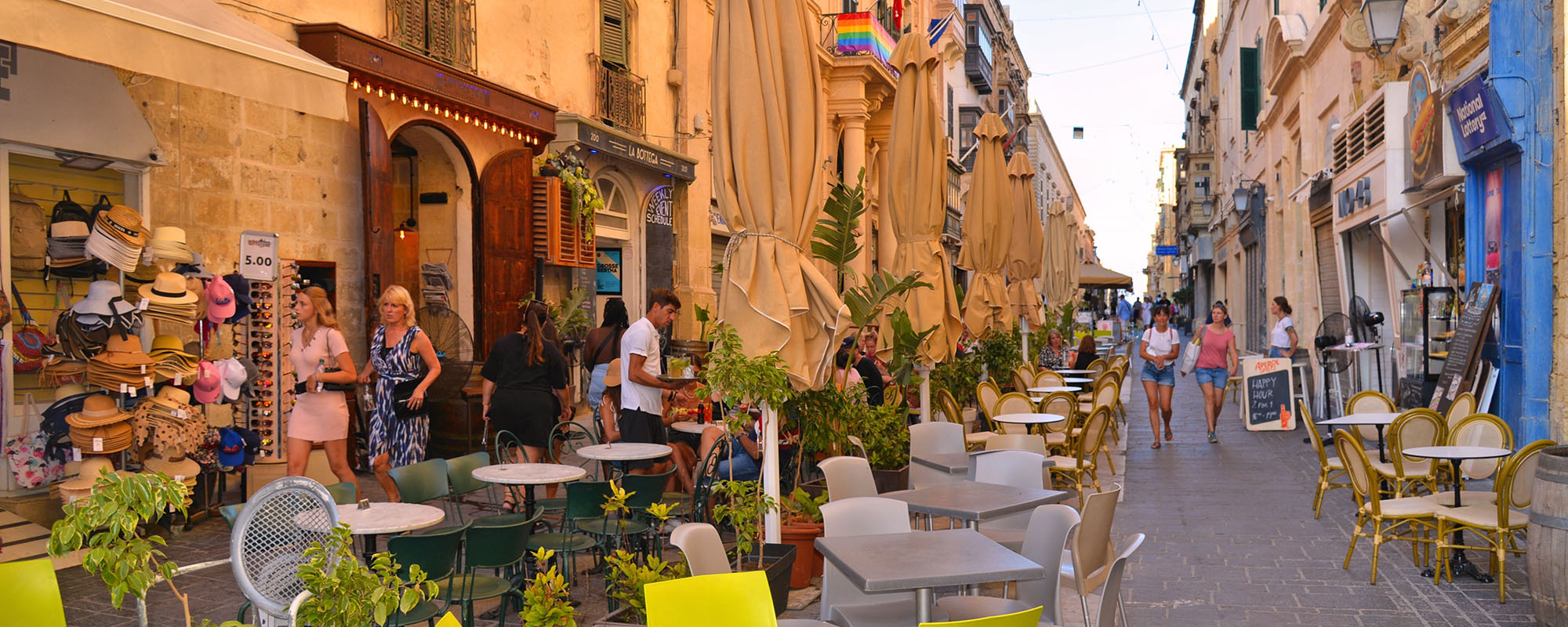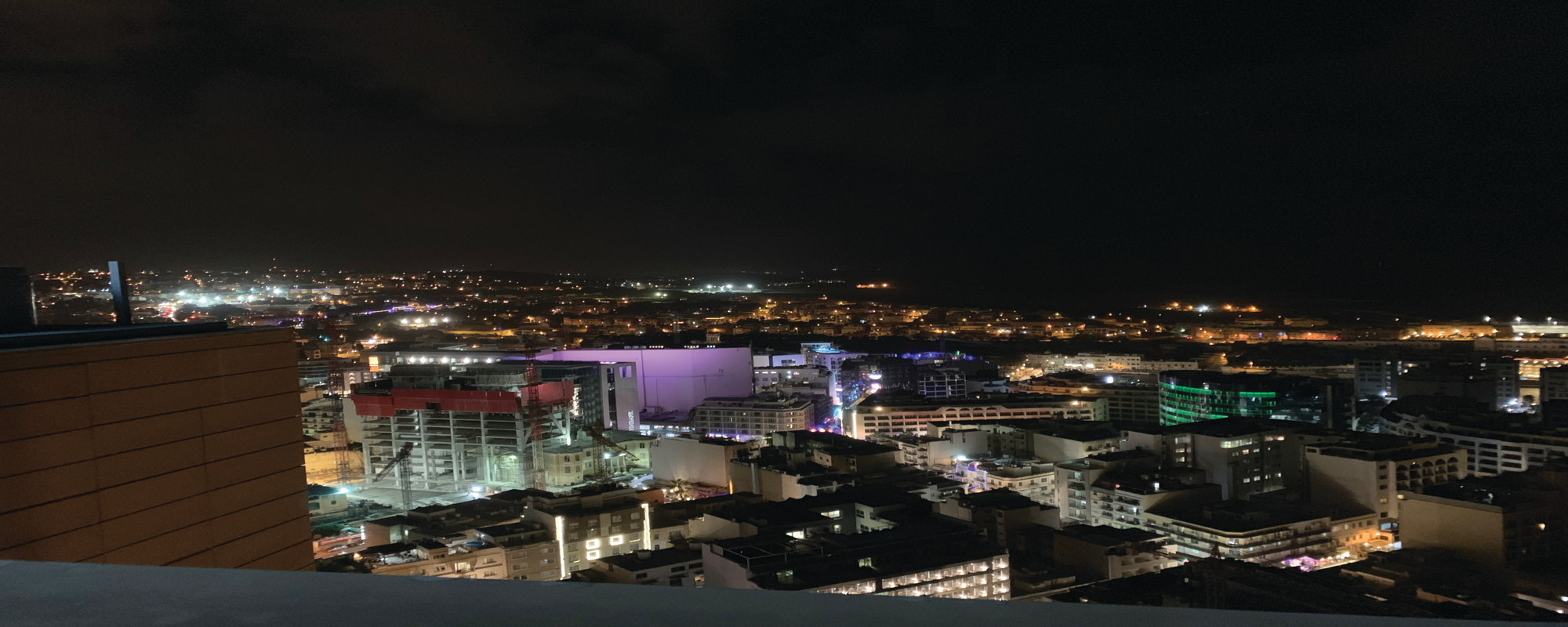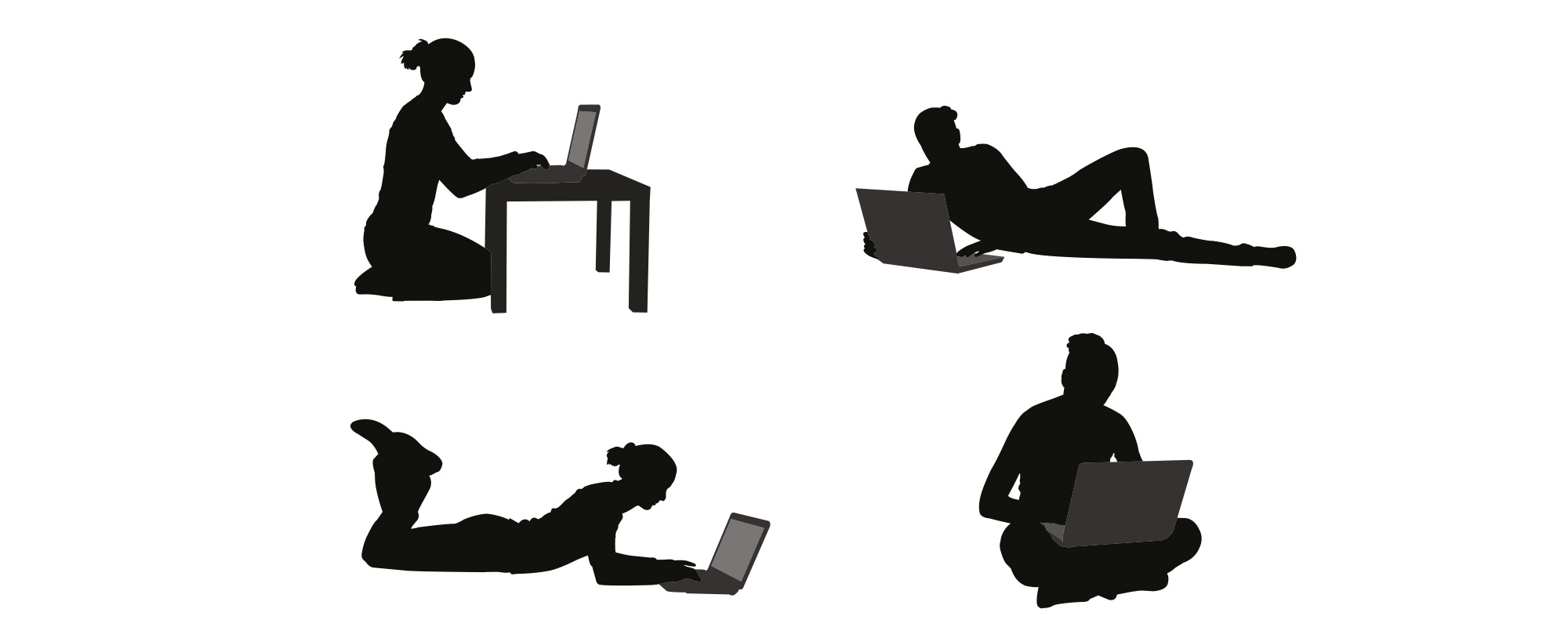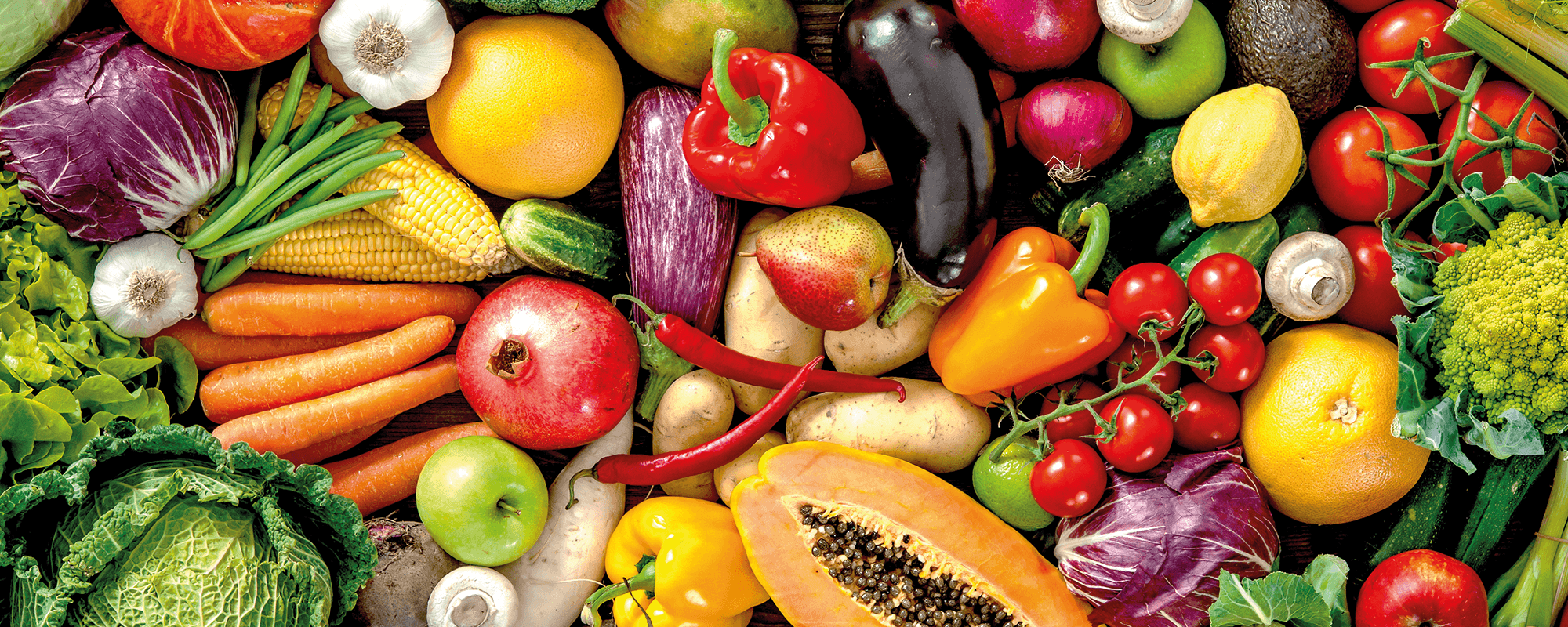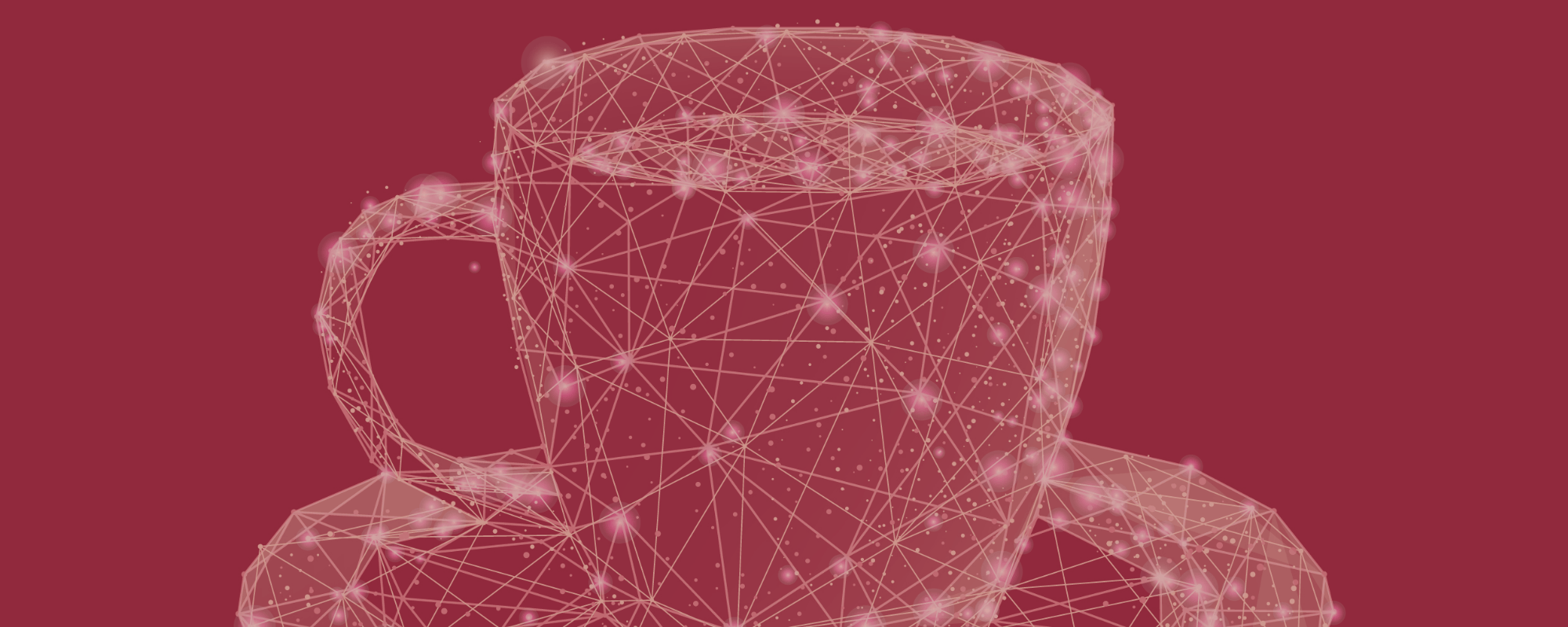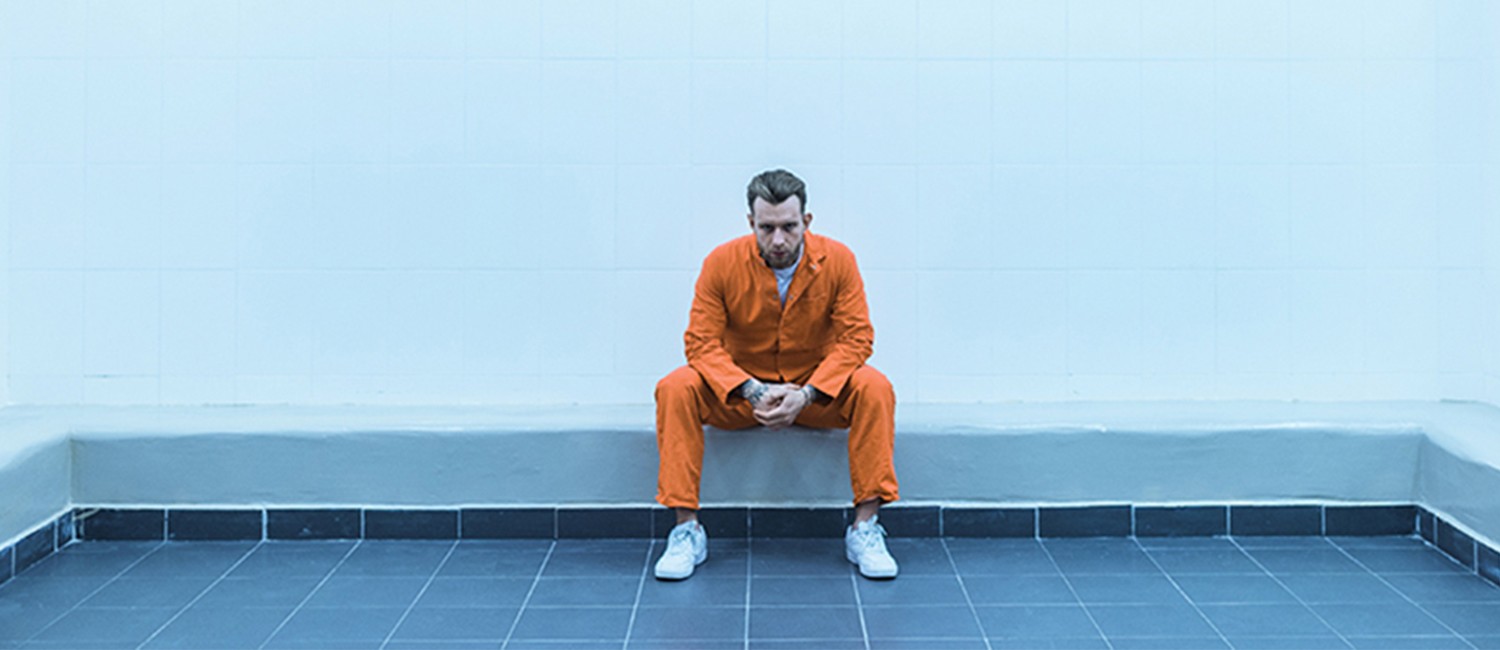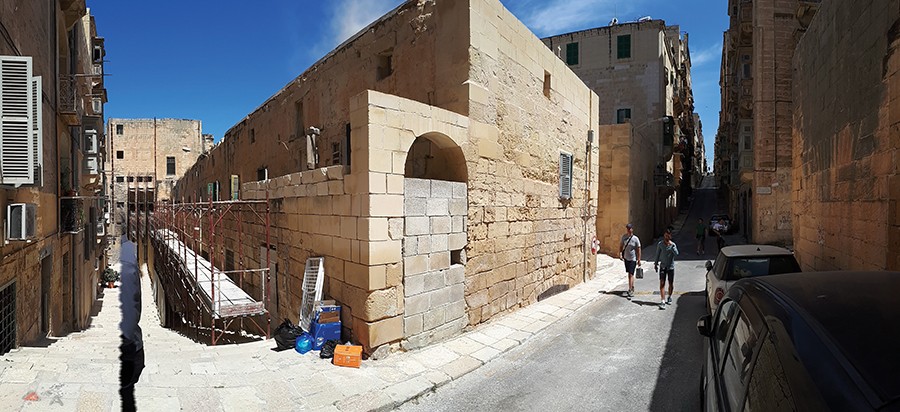In a time when academic life can feel overwhelmingly digital and impersonal, libraries are trying to step up to create something invaluable – a community. University libraries, which used to be primarily quiet spaces with towering bookshelves, are now reinventing themselves as inclusive ‘third places’. The University of Malta Library interns offer THINK an insight into how the Library is becoming a third place on Campus.
Continue readingPublic Spaces for Citizens
This year, THINK explores the concepts of space, specifically cyberspace, personal space, and natural space. However, recent events have led us to examine another type of space: public space.
Continue readingPaceville: Communities & Conflict
A community is more than just a group of people who live in the same area. A community requires commonalities, communication, and context. When one of these factors doesn’t hold true, then there is no community, and if there is no community, then what is there?
Continue readingSocial networks to support mental health
The COVID-19 situation has taken a toll on people’s wellbeing. The constant flow of information can amplify the stress. Dr Josianne Scerri and Dr Paulann Grech, together with their colleagues and students, carved out a space on social networks where people could practise self-care – and get their facts right. They share their experience here.
Continue readingI <3 potato
Plant-based diets are going mainstream all over the world. Cassi Camilleri sheds light on the local vegan movement and how reducing our meat consumption can benefit us all.
Some label the rise of plant-based living as evidence of ‘trend culture’. And they’re not all wrong. Traditional media bombards us with countless headlines on the topic’s pros and cons. Hard-hitting advocacy films like Cowspiracy and Forks over Knives expose the horrors of the meat industry. Social media influencers share their experiences with the diet, turning it into lifestyle content. And now the market is following suit with vegan and veggie lines and options popping up everywhere.
In 2016, an Ipsos MORI survey for the Vegan Society identified that 3.25% of adults in the UK never eat meat in any form as part of their diet, equating to roughly 540,000 people. Vegan January—commonly known as Veganuary—is growing in popularity. This year, a record-breaking 250,310 people from 190 countries registered for the month-long vegan pledge. And Malta is no exception.
While the official number of people following a plant-based or vegan diet are unavailable, interest is clear. Facebook pages Vegan Malta and Vegan Malta Eats have a combined following of over 16,500 people.

The reasons behind people’s decision to take up veganism are various, however three main motivators keep being cited: health benefits, ethics, and environmental concerns. For vegan business woman Rebecca Camilleri the process was natural and gradual. ‘There was no real intention behind it for me. But after a couple of months of following this diet, I noticed that my energy levels were better than before, and this encouraged me to learn more on how I needed to eat in order to nourish my body with the right nutrients to sustain my active lifestyle.’
Researcher and nutritionist Prof. Suzanne Piscopo (Department of Health, Physical Education, and Consumer Studies, University of Malta) confirms that ‘moving towards a primarily plant-based diet is recommended by organisations such as the World Health Organization and the World Cancer Research Fund, for health and climate change reasons.’
Oxford academic Dr Marco Springmann has attempted to model what a vegan planet would look like, and the results are staggering. According to his calculations, should the world’s population switch to a vegan diet by the year 2050, the global economy would save $1.1 trillion in healthcare costs. We would also save $0.5 trillion in environmental costs, all while slashing greenhouse gas emissions by two-thirds.
Despite all this, veganism has earned itself quite a few enemies along the way. The vitriol thrown back and forth across both camps is shocking. Relatively recently, UK supermarket chain Waitrose came under scrutiny after magazine editor William Sitwell responded to plant-based food article ideas from writer Selene Nelson with a dark counter offer—a series on ‘killing vegans’. Sitwell was since forced to resign. Nelson posited that the hostility stems from ‘a refusal to recognise the suffering of animals. Mocking vegans is easier than listening to them.’

Abigail Higgins from American news and opinion website Vox agrees that guilt plays a role in the hatred aimed towards veganism, but also proposes that the whole movement ‘represents a threat to the status quo, and cultural changes make people anxious.’ This notion is based on research on intergroup threats and attitudes by US researchers Walter G. Stephan and Cookie White Stephan.
It however remains a reality that some of the loudest voices in veganism in the past have been militant. Some have invoked hatred and threats towards those that they perceive not to be sufficiently aggressive in promoting the cause. Piscopo calls for a respectful discussion.
‘Food is not only about sustenance and pleasure, but has symbolic, emotional, and identity value. Take meat for example. Some associate it with masculinity and virility. Others link it to food security as meat was a food which was scarce during their childhood. Some others equate it with conviviality as meat dishes are often consumed during happy family occasions. What is important is that we do not try to impose our beliefs, thoughts, and lifestyle on anyone.’
The way forward is a ‘live and let live’ approach, according to Rebecca Galea. When her journey started she had people ‘staring strangely at [her] food’. Even her family didn’t take her seriously. ‘They were very sceptical as their knowledge on veganism was very limited at the time,’ she remembers. Now, seeing the effect the switch has made to Rebecca’s life, her positive choices are naturally impacting theirs. ‘Everyone is free to make their choice,’ she says. Embodying the philosophy of leading by example, Rebecca has even set up her own business making delicious vegan nut butters, spreads, and more, to great success. ‘The more vegan options are available [in Malta], the more people will be attracted to learning and accepting the benefits of veganism. This might also lead to them following a vegan lifestyle!’
With that, and sharing valid, up-to-date research-based information, as Piscopo suggests, it seems there is no stopping this ‘trend’. And who would want to when veganism can lead to a lower carbon footprint and better health for everyone?
Science and coffee, anyone?
In an age of misinformation, having a grasp on current affairs and research is essential for us to be active, responsible citizens. Gillianne Saliba writes about the dire need for more dialogue and engagement from citizens and scientists alike.

For many, science is far removed. It’s just a subject they had to take at school. Or the star of crazy stories on newspapers, or videos and memes on social media. Opposing views are a dime a dozen. And sometimes it’s very hard to discern between them; what’s right? what’s wrong? ‘It’s complicated,’ they say, ‘it’s hard’, and so most people move on, letting others do all the talking. As a result, science and citizens have had a rocky relationship. But when the issues being discussed relate to health, technology, and our environment, that is, when they affect us directly, we need to be able to engage.
Science Communication (SciComm for short) can offer a solution to this problem.
SciComm can take many forms. Articles, films, museum exhibitions; you name it. In the wake of a scientific knowledge-gap in the community, SciComm has taken root and has been rapidly growing over the last 40 years. Researchers want to share their ideas and get citizens’ input, gauge interest, and see what others have to say.
Enter Malta Café Scientifique.
To create a safe space where people can chat about science, Malta Café Sci organises monthly science communication events in Valletta where researchers and professionals discuss topics of interest with attendees. Entrance is completely free and open to all, which attracts a diverse audience.

What makes Malta Café Sci special is how it prioritises the public, putting their learning experience first. The events are tailored to them. Speakers keep their talks short and succinct, taking complex scientific concepts and breaking them down, discussing how the research can impact society. The Q&A session that follows is often far longer than the talk itself, opening up a dialogue within the audience. The elitist mantra of ‘it’s complicated’ is so far gone that talks, and the following question and answer portion of the evening, are put to bed with closing drinks where speakers and audience members can have one-on-one time, discussing the topic of the day.
I have been volunteering as an organiser with Malta Café Scientifique for the last nine months. Through the experience, I have gained marketing and public speaking skills.
More importantly, I have had the privilege of a front row seat to pivotal moments in people’s lives—the moment when perception shifts.
I’ve often had audience members come up to me after an event to tell me how the talk changed their ideas. How they are learning to be more receptive but also critical about what they learn and read online. Some point out how they usually steer clear of such events, with many wrongly thinking they aren’t smart enough for them, only to find that they not only understand, but can also participate.
Aside from all this, Malta Café Scientifique is also conducting its own research. Led by Café Sci’s project manager Danielle Martine Farrugia, we are evaluating and interviewing different science communicators about their practices. We’re also evaluating the initiative to understand its contribution to science communication in Malta.
What we can already see is that Malta Café Sci is living, breathing proof of how people can come together when dialogue is open and welcoming. It is empowering local researchers to share their findings with citizens while giving community members the chance to learn and weigh in on work that may have ramifications for them. Where a learning process is no longer from expert to layman, but a continuous sharing of information in both directions.
Note: For more about Malta Café Scientifique’s next events, or if you want to get involved, see its Facebook page or Instagram @maltacafesci. Or email us on cafesci@mcs.org.mt.
Protecting prisoners from radicalisation
Curbing extremism and violence is high on the global agenda. With prisons known to be a breeding ground for recruiters, are we doing enough to protect our inmates? Michela Scalpello writes.
Continue readingOpenness: The case of the Valletta Design Cluster
Valletta should be a unique experience, open to all. This is Valletta 2018’s key vision for the bustling capital. A group of people focused on making this a reality is the Valletta Design Cluster team. Located at the Old Abattoir site in Valletta, the initiative is going to create a community space for cultural and creative practice. Words by Caldon Mercieca.
According to Anna Wicher from the PDR International Centre for Design and Research, design is ‘an approach to problem-solving that can be applied across the private and public sectors to drive innovation in products, services, society and even policy-making by putting people first.’ This people-centred approach to design is not just a theoretical framework, but a concrete method that engages people in a co-creative process.
By bringing together people active in the cultural and social spheres, we want to have a concrete and meaningful impact on Malta’s diverse communities. We aim to provide support for students, start-ups, and creative enterprises and give social groups the necessary tools to empower those with different interests who nonetheless share the common purpose of using creativity for the social good. We also want to provide a new networking space for everyone. From students, to cultural and creative professionals, to residents, budding businesses and civil society groups, everyone will be welcomed at the Valletta Design Cluster.
This philosophy of openness and diversity is one that has permeated every aspect of the project from the very beginning. Over the past three years, we have consulted with residents, students, schools, higher education institutions, artists, makers, and creatives to build the vision for the space. A range of public and independent organisations are also contributing to the project, providing both expertise and generous support.
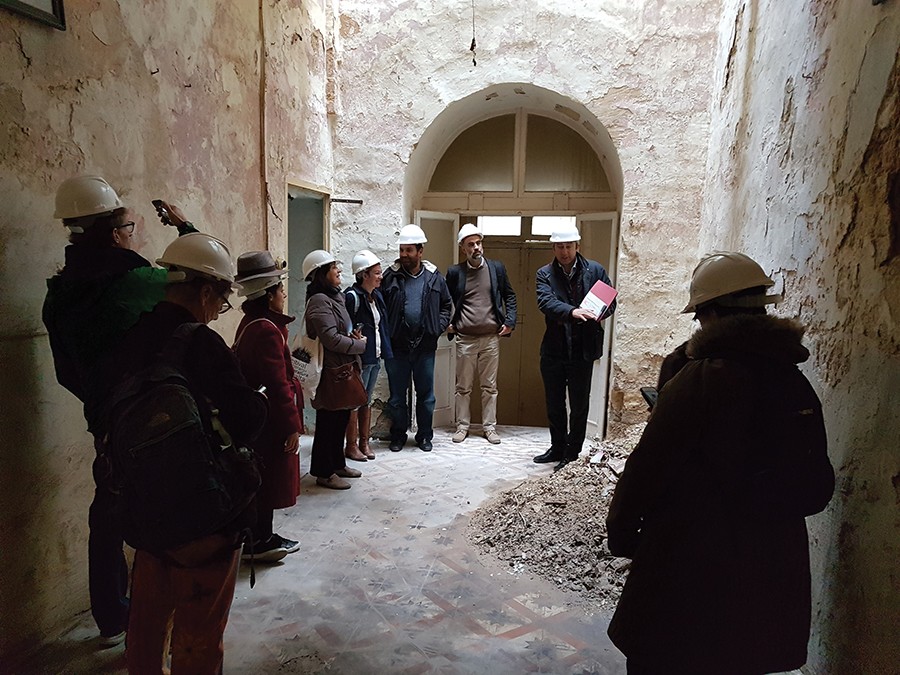
Thanks to the support from the European Regional Development Fund, the physical space for the Cluster as well as the urban public spaces around it are currently undergoing serious regeneration. Once finished, the Cluster will have a range of facilities, which were decided on following consultation with potential users. It will include a makerspace, coworking spaces, studios, a food-space, several meeting rooms and conference facilities, an exhibition space, and a public roof garden. All of these facilities have benefitted from input contributed by various potential users, by residents, and by organisations that have been interacting regularly with the team working on the Valletta Design Cluster.
We believe that a community can only truly reach its potential when it opens itself up to collaborations which share a common goal. This does not mean turning a blind eye to the challenges faced by the community on a daily basis, or to the ever-evolving scenario that surrounds it, but rather cultivating a readiness to learn, an aptitude to develop networks built on trust, and a capacity to address problems with a practical, positive, can-do attitude.
One valuable experience we are developing with our community stakeholders is Design4DCity. This annual initiative, which the Valletta Design Cluster team started back in 2016, sees creatives, residents, and local authorities joining forces to rework and improve a public space. We worked with the Valletta community in 2016, and continued with the Birżebbuġa community in 2017. In 2018 we plan to work again in Birżebbuġa as well as in Siġġiewi, and will involve children and young people in our public space projects. Such initiatives are providing very important insights into the application of collaborative, co-creative approaches involving multiple stakeholders.
But the work of the Valletta Design Cluster is not restricted to the restoration or transformation of space. For the past three years, we have collaborated with the Malta Robotics Olympiad, teaming up with artistic curators and student organisations from the University of Malta (UM) to design and construct the pavilion for Valletta 2018. By the end of the project, participants had constructed a fully-recyclable 300 square meter pavilion and presented it to the public. This year we also supported SACES, the architecture students’ association at the UM, through a number of design and construction workshops. Branching out, we have done work with a number of creatives from various backgrounds in projects involving video-capture, artifact-curation, narrative development linked to cultural identities, and flexible use of available space through appropriately constructed spatial modules.
Several workshops have also been held where project stakeholders were fully involved in training sessions, with the aim of building skills in user-centred design, applied to specific contexts. This meant interacting with students, researchers, creatives, residents, and organisations in developing what the Cluster can offer. One tool used in this process is the construction of a user persona, where the characteristics, interests and concerns of the user are gathered through interaction with potential users of a service. Students from a number of faculties have also provided their input in this process through dedicated workshops at the UM.
They also stressed that the Cluster needed to serve as a catalyst for networking and for strengthening entrepreneurial skills for people working in the creative sector.
All of this has become possible thanks to continuous collaboration and international networks which have contributed their resources to our projects. To assist us in this, the Valletta 2018 Foundation has joined Design4Innovation, an Interreg Europe project bringing together eight European countries all working towards using design to benefit society.
While we have been on the receiving end of a lot of support, translating our philosophy of openness into practice involved an element of risk. During a series of tours that we organised on site for potential users of the Cluster, we had to be open to various views and perspectives about what the Cluster could be. Participants highlighted issues related to accessibility and affordability as key concerns. They also stressed that the Cluster needed to serve as a catalyst for networking and for strengthening entrepreneurial skills for people working in the creative sector. In some cases, we had to revisit some of our plans and open new discussions with the architects to made adjustments. On other occasions, we called people in again to discuss their ideas further and see how we could integrate their suggestions into our vision.
Although we speak of cultural and creative industries, we should realise that the average number of people working in any single company is two. Indeed, 40% of designers in Malta are actually freelancers. The challenge for the Valletta Design Cluster here is to ensure flexibility and adaptability both in the physical infrastructure as well as the management of the Cluster. In this way, we can make the facility relevant for our users’ current needs, as well as cater to future ones.
The next stage in understanding our community of potential users better is to work together on the creation of a Design Action Plan. The Design Action Plan will highlight concrete actions to be undertaken by the Cluster during the first three years of its operation. It will serve as the main reference tool to structure the Valletta Design Cluster’s interaction with its community of users, practitioners, enterprises, and beneficiaries. Based on this open process, the Valletta Design Cluster aims at establishing itself as a new community-driven platform for cultural and creative practice in Malta.
Author: Caldon Mercieca

